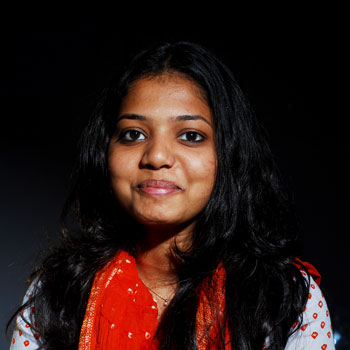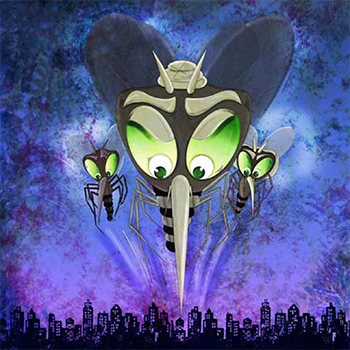Auroville is meant to be a universal town where men and women of all countries are able to live in peace and progressive harmony, above all creeds, all politics and all nationalities. The purpose of Auroville is to realize human unity. It was founded in 1968 by Mirra Richard (since her definitive settling in India called “(The) Mother”) and designed by archi[1]tect Roger Anger. Auroville was founded as a project of Sri Aurobindo Society on Wednesday 28 February,1968 by The Mother. She was an equal spiritual col[1]laborator of Sri Aurobindo, who believed that “man is a transitional being”. The Mother expected that this experimental “universal township” would contribute significantly in the “progress of humanity towards its splendid future by bringing together people of goodwill and aspira[1]tion for a better world.” The Mother also believed that such a universal township will contribute decisively to the Indian renaissance. The aim of Bicycle Friendly Area design workshop was to research, conceptual[1]ize and prototype a few components of environment (pathways, shelters, lighting, signage and accessories) using local and natural materials to create new forms with minimal eco footprint.




